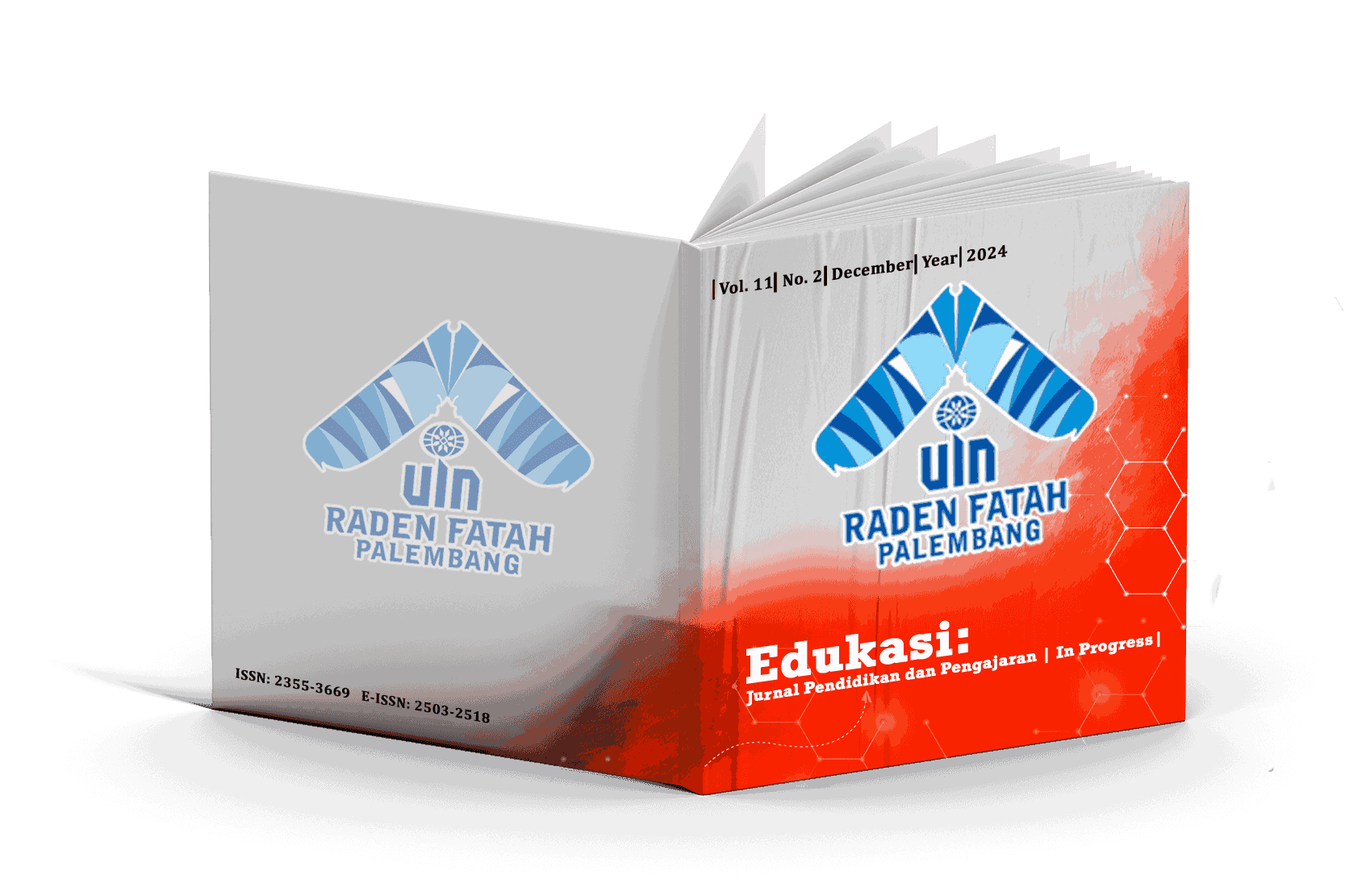Unpacking the Relationship: Motivation, Green Behavior, and Religiosity among Muslim Academics in Indonesia
DOI:
https://doi.org/10.19109/5em2hb34Abstract
This study aims to analyze the relationship between motivation (intrinsic and extrinsic), employee green behavior, religiosity, and employee green attitude among Muslim employees in the higher education sector in Indonesia. This study uses a quantitative approach with a survey design and purposive sampling technique. Respondents consisted of 81 Muslim millennial and Gen Z employees working in higher education institutions. The data collection instrument was a questionnaire with a Likert scale covering five main constructs: intrinsic motivation, extrinsic motivation, green behavior, religiosity, and green attitude. Data analysis was carried out using the Structural Equation Modeling–Partial Least Squares (SEM-PLS) technique through SmartPLS software. The results showed that intrinsic and extrinsic motivation had a significant influence on religiosity, and religiosity acted as a significant mediator in shaping employee green attitudes. Conversely, green behavior did not have a direct effect on religiosity or green attitudes. The R² values of 0.922 for religiosity and 0.940 for green attitudes indicate a very strong predictive ability of the model. These findings confirm that religious values play a central role in linking motivation to sustainability attitudes in the workplace.
Downloads
Published
Issue
Section
License
Copyright (c) 2025 Edukasi: Jurnal Pendidikan dan Pengajaran

This work is licensed under a Creative Commons Attribution-NonCommercial-ShareAlike 4.0 International License.
After the manuscript is accepted for publication, authors will be required to sign a copyright transfer form. Copyright will be transferred to State Islamic University of Raden Fatah, Palembang, South Sumatra, Indonesia, via e-mail. A copyright form will be sent to you via e-mail after the accepted manuscript has been submitted.











